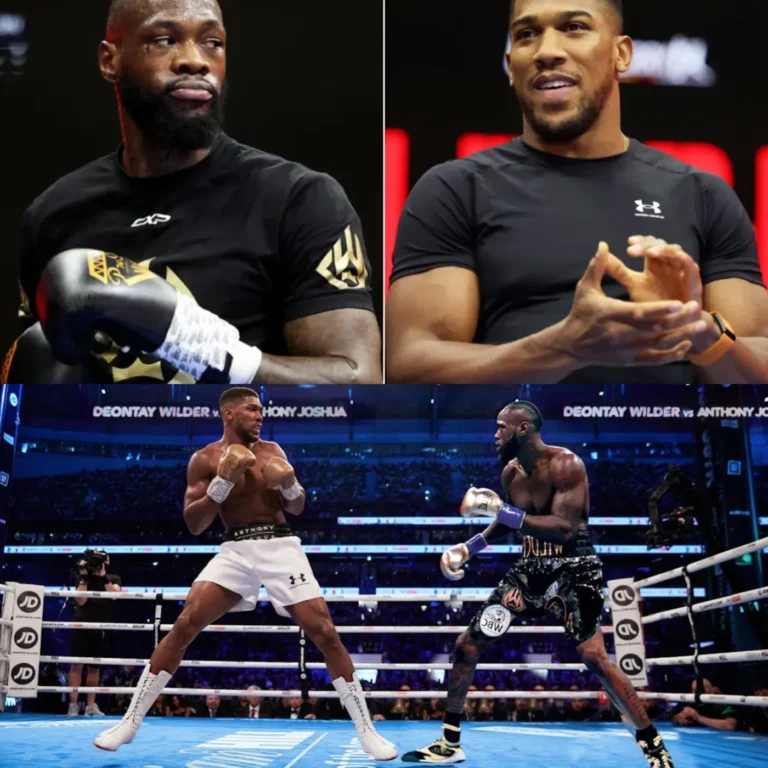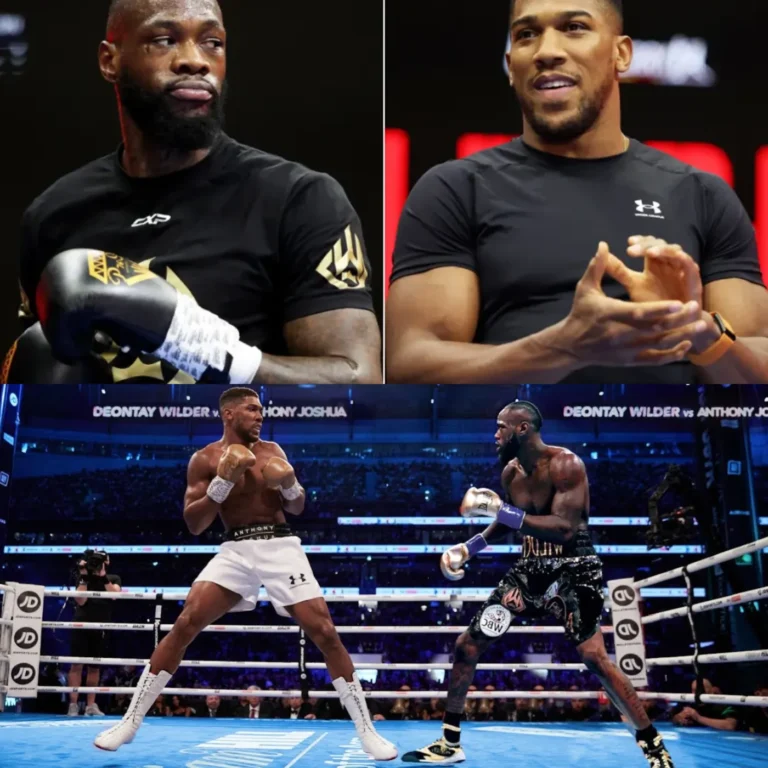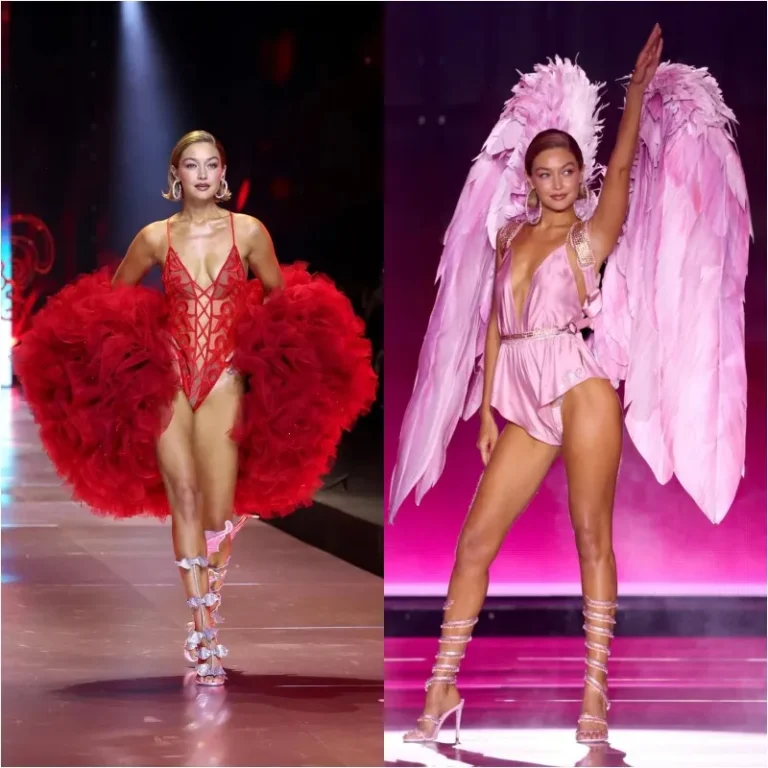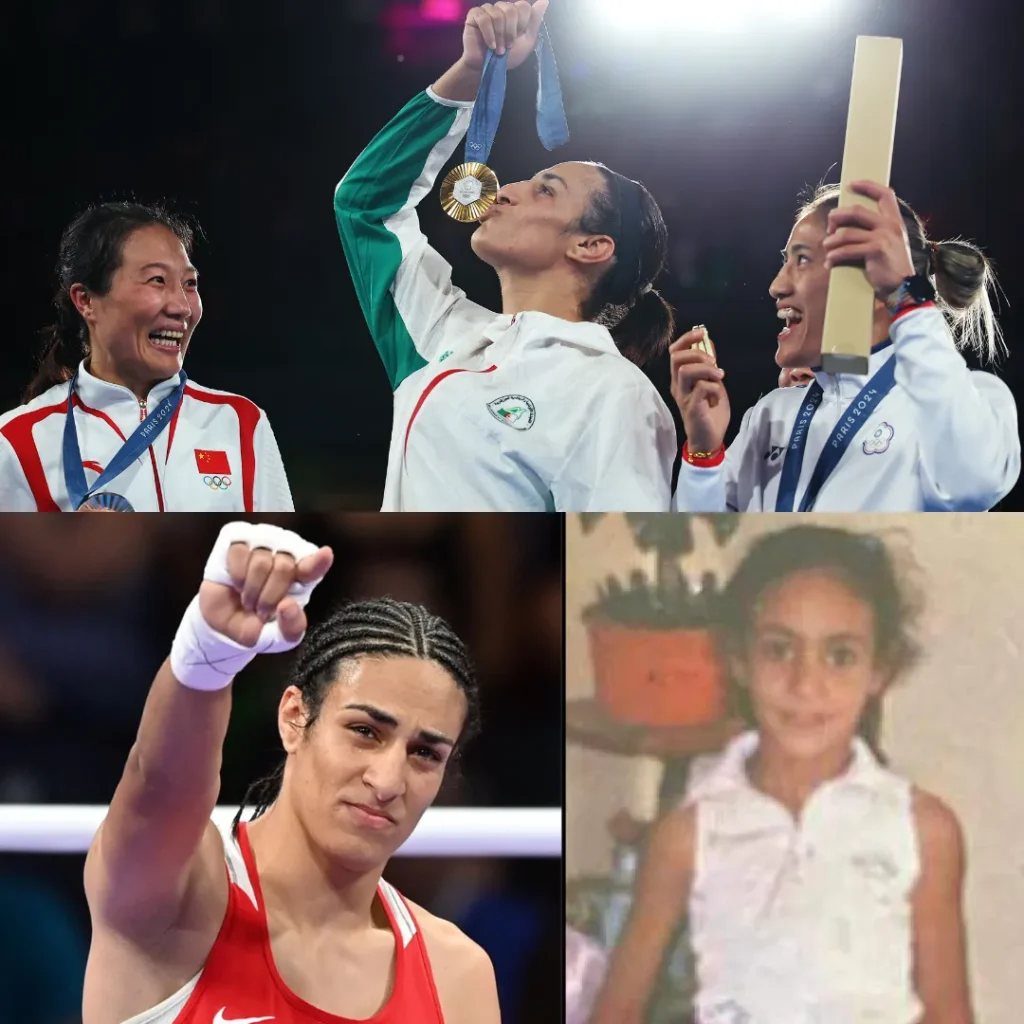
Athlete’s Life and Notable Achievements
Imane Khelif, a prominent athlete from Algeria, has become the focal point of a significant controversy regarding her gender. Despite having impressive accomplishments in her sports career, Khelif has faced questions about her gender identity, making her a controversial figure in the sports world.
Doubts and Criticism
The controversy surrounding Khelif’s gender began when reports suggested that she did not fully meet traditional gender standards in sports. These rumors have not only shaken the sports community but also divided the public into two camps: one supporting Khelif and the other criticizing and questioning the validity of her achievements. The complexity of this issue extends beyond sports, intertwining with cultural, social, and psychological factors.
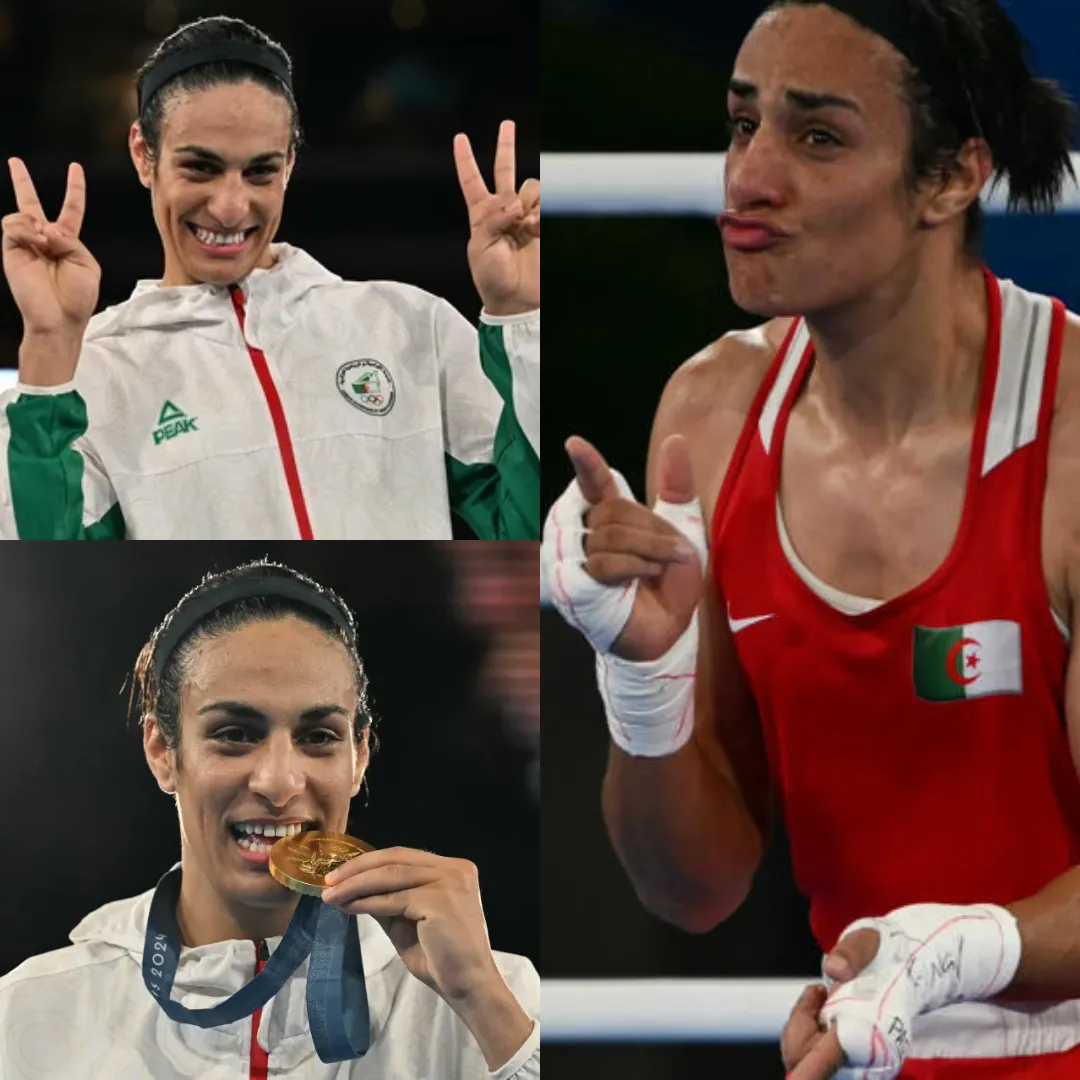
Speaking Out Against Pressures
Khelif has strongly denied these allegations, asserting that her gender does not affect her ability to compete. She has emphasized the need for a more equitable and respectful view towards athletes who do not conform to traditional gender standards. She highlights that everyone deserves recognition and respect, regardless of their gender or personal identity.
Discussion on Gender Regulations
The controversy surrounding Khelif has sparked a broader discussion about how sports organizations determine and test gender. Many experts and researchers have pointed out that current regulations often carry discriminatory and unfair elements, adversely affecting the careers of many athletes, particularly those who do not fit neatly into traditional gender frameworks.
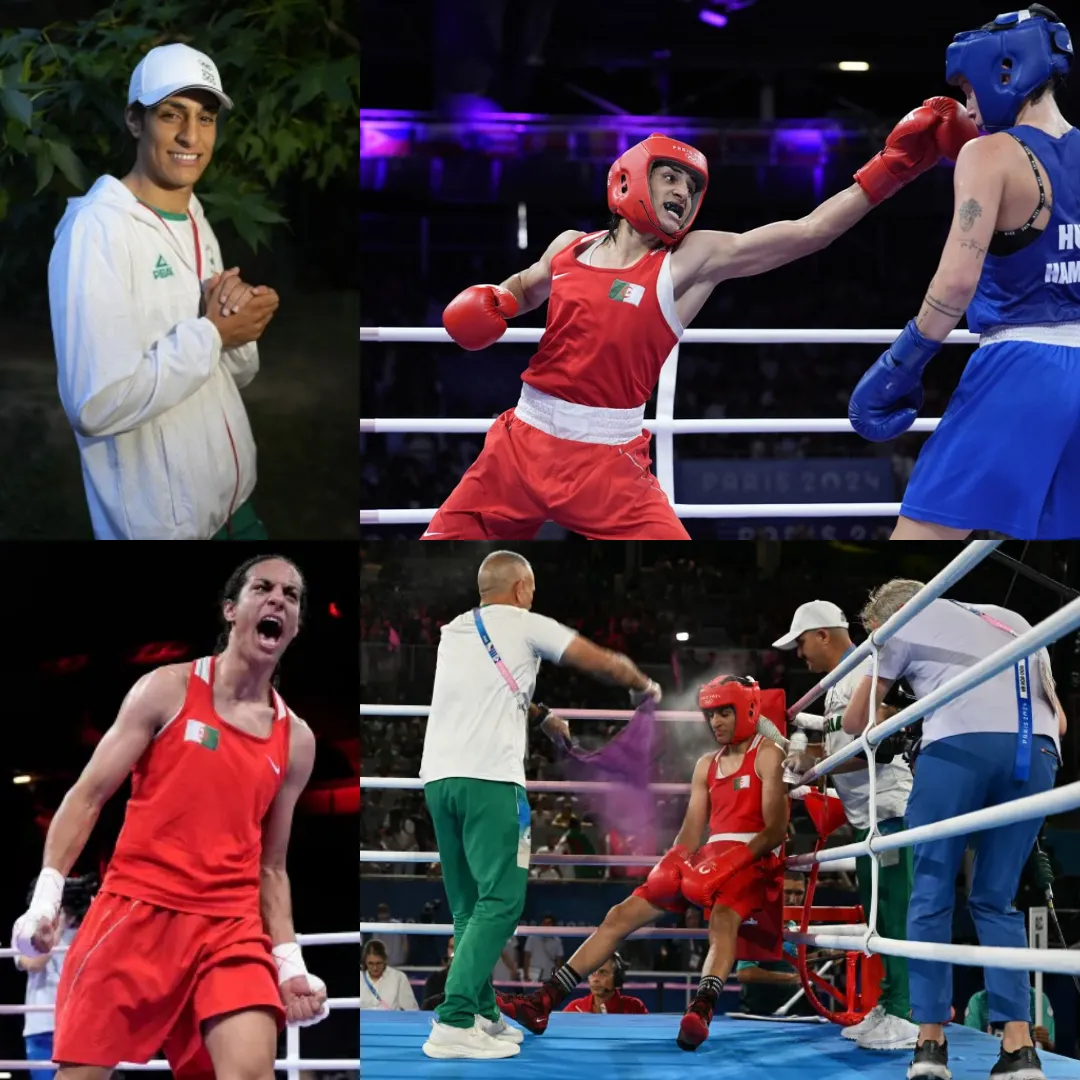
A Symbol for the Fight for Equality
In this context, Imane Khelif is not just an athlete but also a symbol of the fight against gender discrimination in sports. Her struggle has resonated widely, prompting people to reevaluate gender biases and encouraging respect and acceptance for all athletes, regardless of who they are.
A Voice for Other Athletes
Khelif continues to advocate for her rights and those of other athletes, and her story will undoubtedly inspire many generations of athletes in the future. This situation is not merely a debate about gender; it represents an important step toward a fairer and more equitable sporting world.

